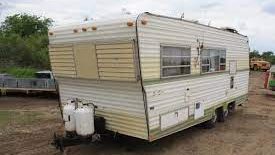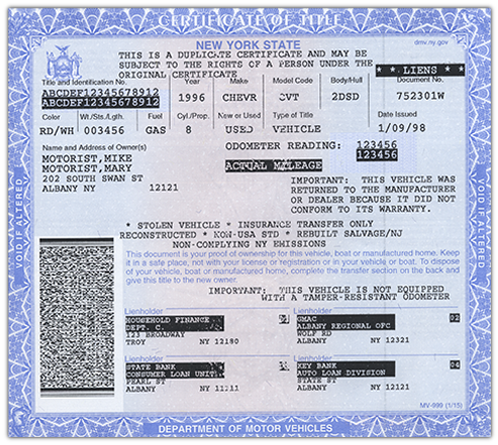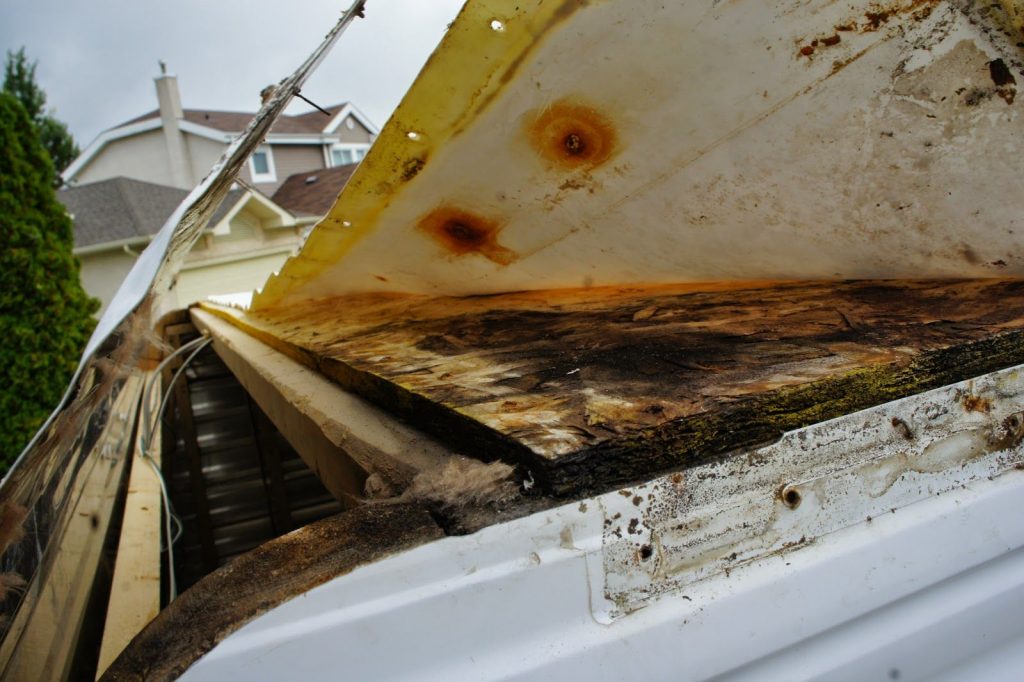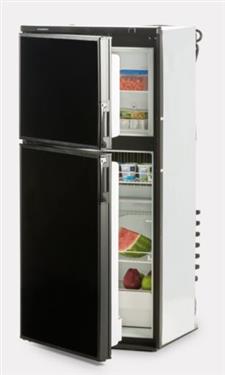What to look for if you’re considering buying a fixer-upper:

If you’re checking out a fixer-upper camper that you found on the side of the road here in the Adirondacks, there are some very important items that you’ll want to thoroughly inspect before pulling the trigger, as the repairs can end up costing you even more than you may have paid for the camper. Be sure to check all of these boxes before pulling the trigger on a private sale.
- Title – does the camper have a title with no lien recorded? Is the title clean, salvaged, or rebuilt? If you want to register the camper to legally take it on the road, having a clean title is extremely important.
- Evidence of water damage – invest in a moisture meter from your local hardware store, and check for high moisture in all of the corners of your camper, in the slide box, in the nosecone, etc. In many cases, you won’t see visible signs of water damage until it’s too late. Do you see any waves or ripples on the sidewalls if the camper is fiberglass? This is a sign of water intrusion causing delamination. Do you see small bumps, or “pimpling” on the inside walls? This is another indicator of water damage.
- Check the condition of the roof – this one typically goes hand in hand with discovering evidence of water damage. If the roof is a walkable roof and has a seamless, one piece membrane (typically TPO, EPDM, PVC) then you should take a look around all roof vents, shrouds, antennas, and trim rails on all four sides of the unit. If there are tears in the roof membrane, or the membrane looks to be in poor condition, the camper is either experiencing water intrusion already, or will be soon. A roof membrane replacement is a costly and extensive repair.
- Electrical Issues – test out switches and outlets. Look at your market lights and clearance lights. Try operating 12V functions (water pump, lights, vent fans) while the camper is plugged in. If there is a slide out, try putting it in and out. This will give you an opportunity to determine any immediate electrical problems the camper may have.
- Tire Condition – this one is simple, but important. Check out all two or four of the tires, look carefully for any signs of weather checking, cracking, bulging, diminished tread, etc. that would cause the camper to fail New York State inspection. A new set of tires along with mounting and balancing can add up in cost!
- Functional HVAC – two costly appliances in a camper are the air conditioner and the furnace. Fire these both up, make sure they are both blowing the appropriate temperature air. Make sure air is coming from all of the ducts. If it isn’t, this can indicate a collapsed duct, or even sometimes a clogged duct caused by rodent intrusion. Mice love to build nests in those small areas!
- Operational Refrigerator – when you set up your visit to take a look at the camper, it would be advisable to request that the owners fire up the fridge so that you can observe it operating when you go for your visit. It often times takes a few hours for an RV refrigerator to cool down.
- Leak-Free Plumbing/Functional Water Heater – if you are looking at a camper in the winter months here in the Adirondacks, you may have to take the owners word for it that the camper was properly winterized. Otherwise, it is recommended that you put water to the camper before making a purchase, to determine any major plumbing leaks before making a purchase.
If the gamble of purchasing a fixer-upper with known & unknown issues is not for you, then stop by our indoor showroom here at Plattsburgh RV Store @ 60 Trade Road and check out our selection of certified preowned travel trailers and fifth wheels!








